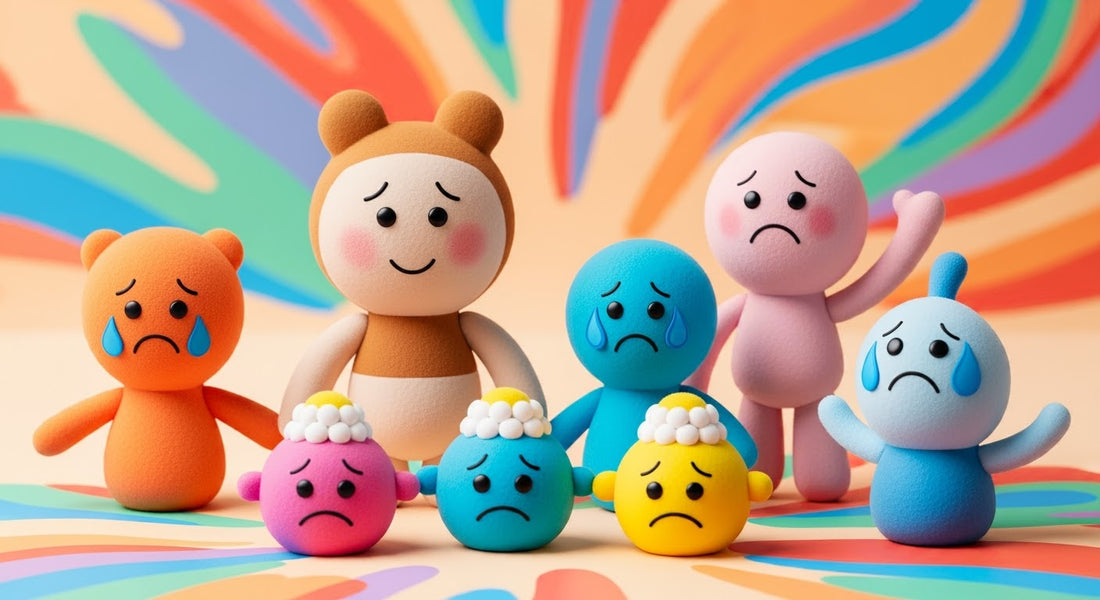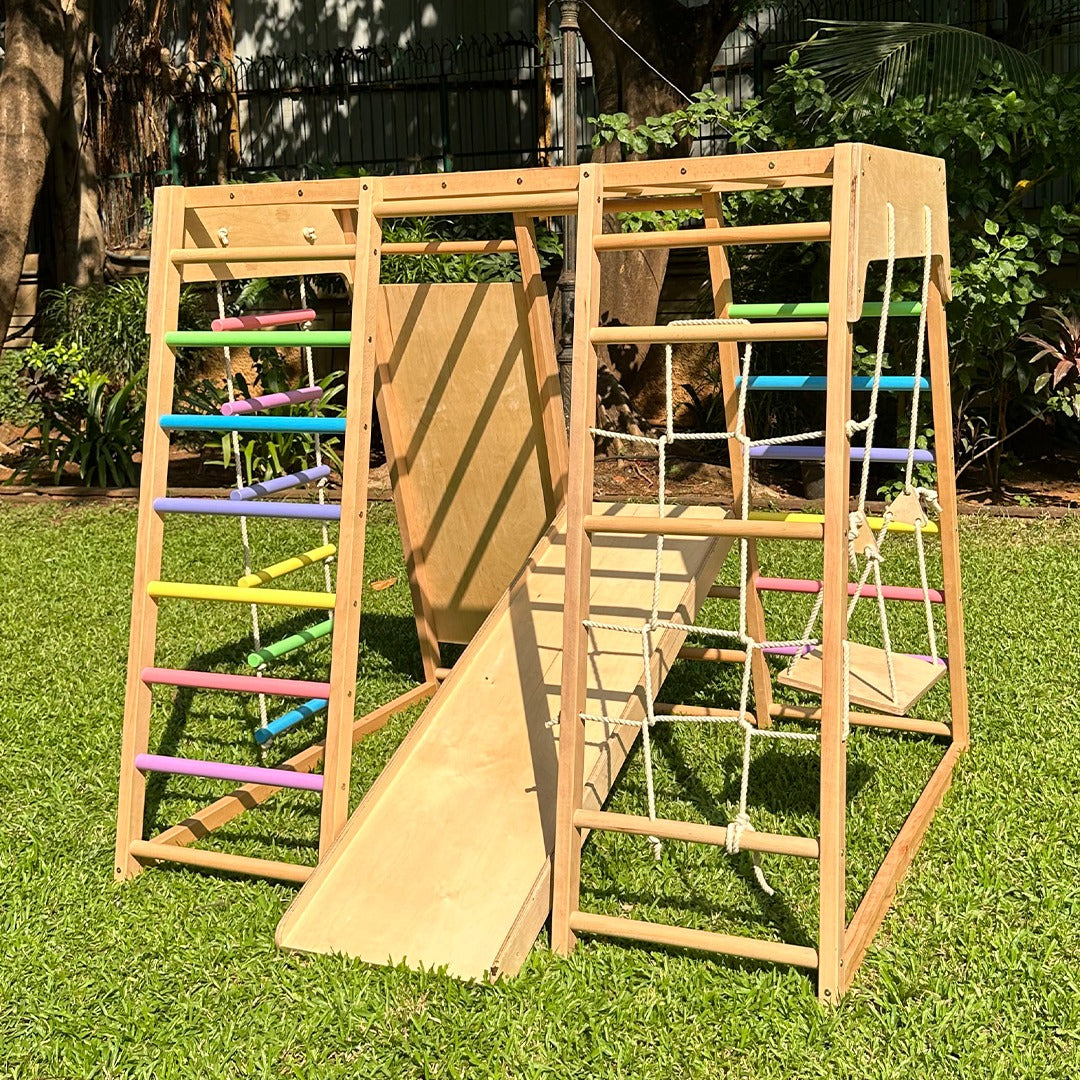As Indian parents become more aware of holistic child development, emotional intelligence (EQ) is gaining the spotlight — and for good reason. While academic learning is essential, a child's ability to understand and manage emotions often plays a bigger role in long-term success.
So what exactly is emotional intelligence, and how can you nurture it at home?
What Is Emotional Intelligence?
In simple terms, emotional intelligence is the ability to:
- Recognize and name your emotions
- Understand what others are feeling (empathy)
- Manage emotions in healthy ways
- Communicate and resolve conflicts effectively
According to child psychologists, EQ skills begin forming as early as age 2–3, and early parenting plays a big role in shaping them.
Why EQ Matters More Than Ever
Studies show that kids with strong emotional intelligence:
- Handle frustration and anger better
- Are more empathetic toward others
- Form stronger friendships and social bonds
- Perform better in school due to self-regulation
In India’s competitive environment, EQ can be a key differentiator — helping children thrive emotionally and academically.
5 Practical Ways to Build EQ in Young Kids
1. Name Emotions Out Loud
Use phrases like “You’re feeling sad because…” to help your child understand and label emotions.
2. Model Calm Reactions
Kids learn emotional behavior by watching adults. Show them how to respond calmly, even during stress.
3. Use Storytelling for Empathy
Read books that explore feelings, relationships, and moral choices. Pause and ask, “How do you think this character feels?”
4. Create a Safe Space for Expression
Let your child know it’s okay to feel upset or scared. What matters is how they handle it.
5. Encourage Cooperative Play
Activities that require turn-taking, sharing, or solving small conflicts help build social-emotional skills.
EQ-Friendly Toys & Tools (Optional Additions)
While this blog isn’t product-heavy, if you're interested in enhancing emotional learning through play, SkilloToys offers:
- Roleplay sets (help understand emotions through pretend play)
- Cooperative games that encourage teamwork
- Books and flashcards about feelings
Final Thoughts
In a world filled with academic pressure, emotional intelligence is not a luxury — it’s a life skill. By teaching your child how to recognize and manage emotions from a young age, you give them tools to navigate life with resilience, empathy, and confidence.
Disclaimer
This article is for informational purposes only. It is not intended as medical or psychological advice. Please consult a qualified expert if you have concerns about your child’s emotional development.




